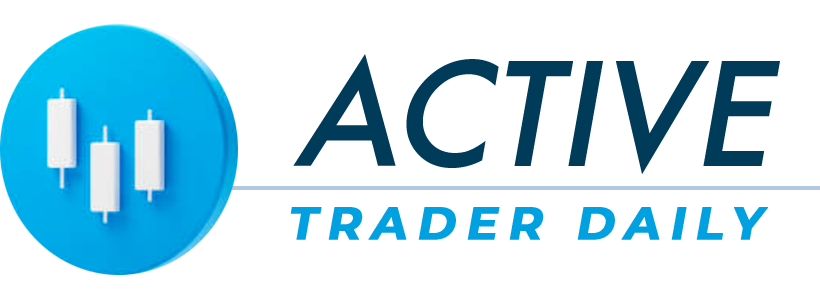By Michael Erman
NEW YORK (Reuters) -The U.S. government said on Tuesday it will accelerate Medicare and Medicaid payments to some hospitals hurt by a hack at insurer UnitedHealth’s technology unit Change Healthcare.
The cyberattack on Change, disclosed on Feb.21, was perpetrated by hackers who identified themselves as the “Blackcat” ransomware group and has had a knock-on effect on players across the U.S. healthcare system. Disruptions triggered by the attack have impacted electronic pharmacy refills and insurance transactions.
U.S. doctors’ group the American Medical Association (AMA) and the American Hospital Association (AHA) said the government support did not go far enough.
“The magnitude of this moment deserves the same level of urgency and leadership our government has deployed to any national event of this scale before it. The measures announced today do not do that and are not an adequate whole of government response,” Rick Pollack, President of the AHA said in an emailed statement.
The AMA said the moves do not protect individual physician practices and urged the Biden administration “to go above and beyond what has been put in place and include financial assistance such as advanced payments for physicians.”
The groups called on the Department of Health and Human Services (HHS) to make more widespread accelerated payments available – like those issued during the COVID-19 pandemic – amid cash flow concerns caused by an inability to submit claims and receive payments.
The Centers for Medicare & Medicaid Services (CMS), a division of the HHS, said hospitals may submit accelerated payment requests to the contractors who oversee their payments for individual consideration.
CMS also encouraged Medicare Advantage plans to offer advance funding to providers most affected by the hack at Change and asked contractors to relax various requirements for compliance with Medicare rules.
AHA’s Pollack wrote in a letter sent on Monday that the temporary assistance program put in place by UnitedHealth last week was “not even a band-aid” on the payment problems caused by the hack, and called the terms of the program “shockingly onerous.”
UnitedHealth did not immediately respond to a Reuters request for comment on the letter from AHA.
Change said last week it had enabled a new version of its ePrescribing service for all its customers, more than a week after it reported the hack.
(Reporting by Michael Erman in New York and Pratik Jain; Editing by Devika Syamnath, Alison Williams and Nia Williams)












